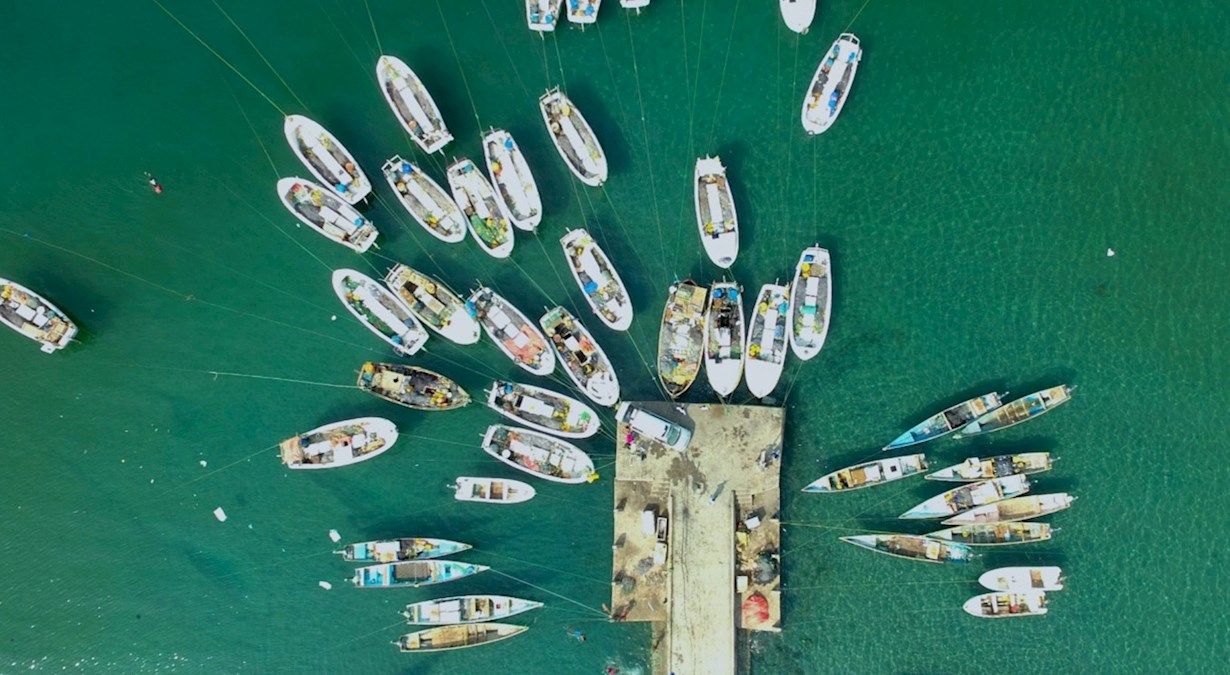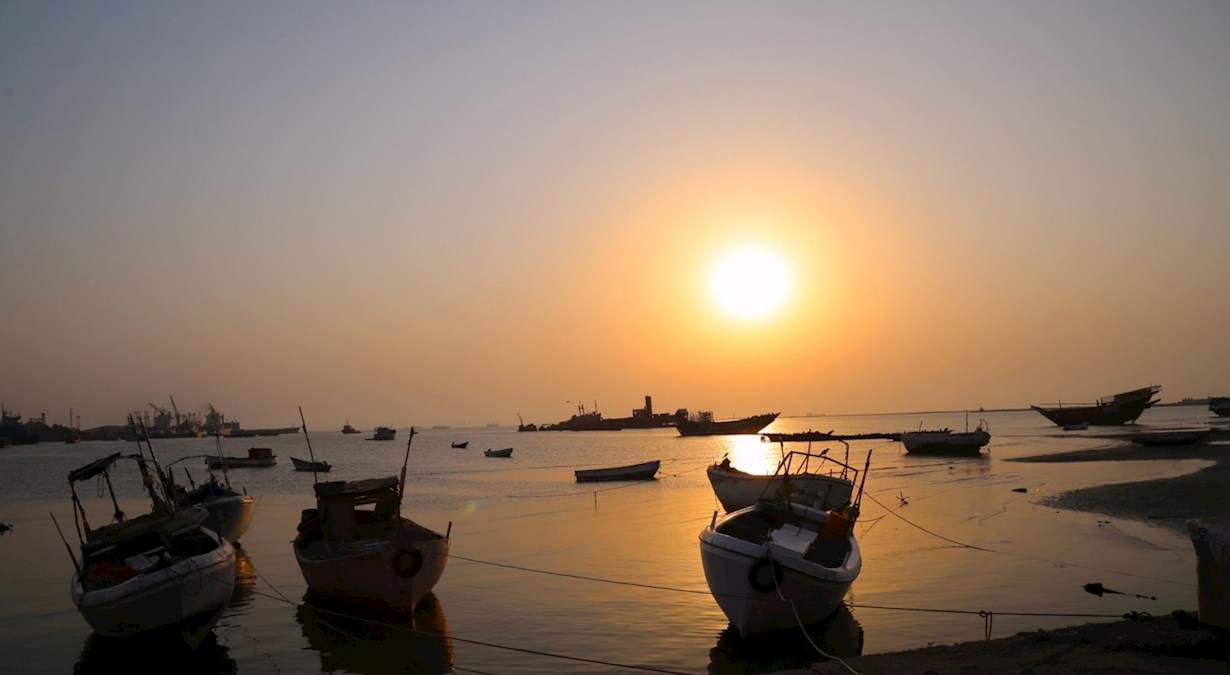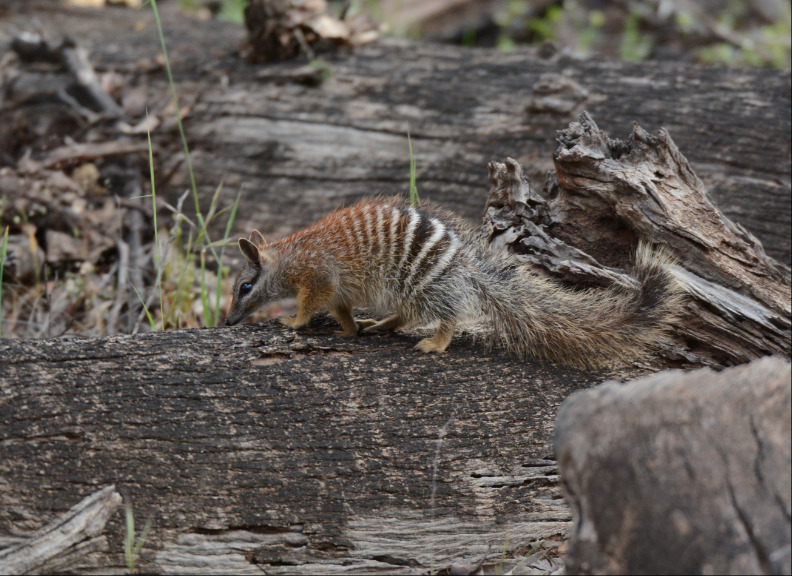
PROJECT
Using big-data science in fisheries and marine conservation
Answering questions about the world’s fisheries to develop sustainable policy
Over the last 20 years, the Sea Around Us has developed and built the world's largest database of fisheries catch and other fisheries-related data. These are spatially allocated to 0.5° spatial cells across the entire world’s oceans, and cover 1950 to the present.
Such data lends itself to a wide variety of scientific investigations, and allows questions to be answered that previously could not be addressed adequately or at all.
The Sea Around Us – Indian Ocean was established in 2017 in the School of Biological Sciences at The University of Western Australia.
It is developing projects on a regular basis that address strategic policy questions raised by stakeholders in global fisheries, or that address national needs of Indian Ocean Rim countries. The Sea Around Us – Indian Ocean works closely with the Sea Around Us – Global at University of British Columbia (Canada) and other international research partners, and emphasises interdisciplinary research.
For more background information, see the suggested readings below.
- Suggested readings
-
- Pauly D and Zeller D (2016) Catch reconstructions reveal that global marine fisheries catches are higher than reported and declining. Nature Communications 7: 10244.
- Pauly D, Christensen V, Guénette S, Pitcher TJ, Sumaila UR, Walters CJ, Watson R and Zeller D (2002) Towards sustainability in world fisheries. Nature 418: 689-695.
- Tickler D, Meeuwig JJ, Palomares M-L, Pauly D and Zeller D (2018) Far from home: Distance patterns of global fishing fleets. Science Advances 4(8): eaar3279.
- Zeller D, Cashion T, Palomares MLD and Pauly D (2018) Global marine fisheries discards: a synthesis of reconstructed data. Fish & Fisheries 19(1): 30-39.
- Zeller D, Harper S, Zylich K and Pauly D (2015) Synthesis of under-reported small-scale fisheries catch in Pacific-island waters. Coral Reefs 34(1): 25-39.
- Zeller D, Palomares MLD, Tavakolie A, Ang M, Belhabib D, Cheung WWL, Lam VWY, Sy E, Tsui G, Zylich K and Pauly D (2016) Still catching attention: Sea Around Us reconstructed global catch data, their spatial expression and public accessibility. Marine Policy 70: 145-152.
Research team leader: Professor Dirk Zeller
I lead the Sea Around Us – Indian Ocean research initiative, and direct and coordinate research activities of the Sea Around Us associated with the Indian and Pacific ocean regions, and co-direct global Sea Around Us research with Daniel Pauly (University of British Columbia). I lead research on data reconstructions and illegal and unreported fishing, fishing effort and assessments of stocks, coral reef fisheries, ocean governance, fisheries policy and economics. I have a background in tropical marine biology and fisheries ecology from James Cook University, and have professional interests in marine and fisheries conservation and global fisheries sustainability, strategic and global policy developments and resource economics.
How to apply
Interested in becoming part of this project? Complete the following steps to submit your expression of interest:
Step 1 - Check criteria
General UWA PhD entrance requirements can be found on the Future Students website.
Requirements specific to this project:
- a strong academic record
- demonstrated excellent written and oral communications skills
- ability and willingness to conduct desktop-based big-data science (i.e. no field work)
- familiarity with fisheries science, fisheries ecology and/or marine ecology is desirable
- experience with computer programming, such as R, GIS, PHP, C++ and/or databases systems (e.g. SQL) is advantageous
Step 2 - Submit enquiry to research team leader
Step 3 - Lodge application
After you have discussed your project with the research team leader, you should be in a position to proceed to the next step of the UWA application process: Lodge an application. Different application procedures apply to domestic and international students.
Scholarships
- Domestic students
-
All domestic students may apply for Research Training Program and University Postgraduate Awards (UPA) scholarships
- International students
-
A range of scholarships are available from international organisations and governments. The full list, organised by country, is available on the Future Students website.
In addition, all international students may apply for International Research Training Program scholarships.
- Indigenous students
- Indigenous students are encouraged to apply for Indigenous Postgraduate Research Supplementary Scholarships.
- Forrest Foundation scholarships
- All international and Australian students who wish to study towards the degree of Doctor of Philosophy (PhD) at The University of Western Australia may apply for Forrest Scholarships.





































